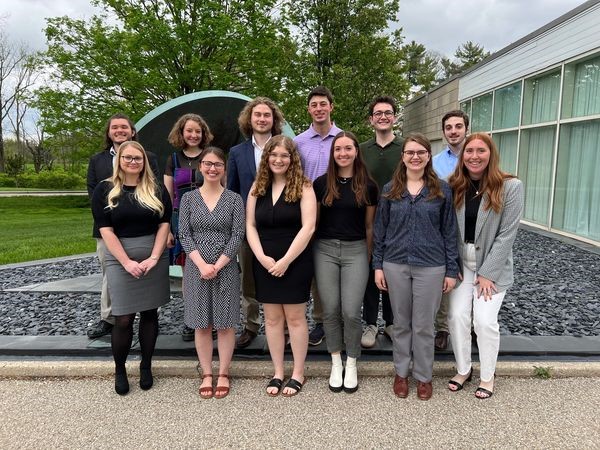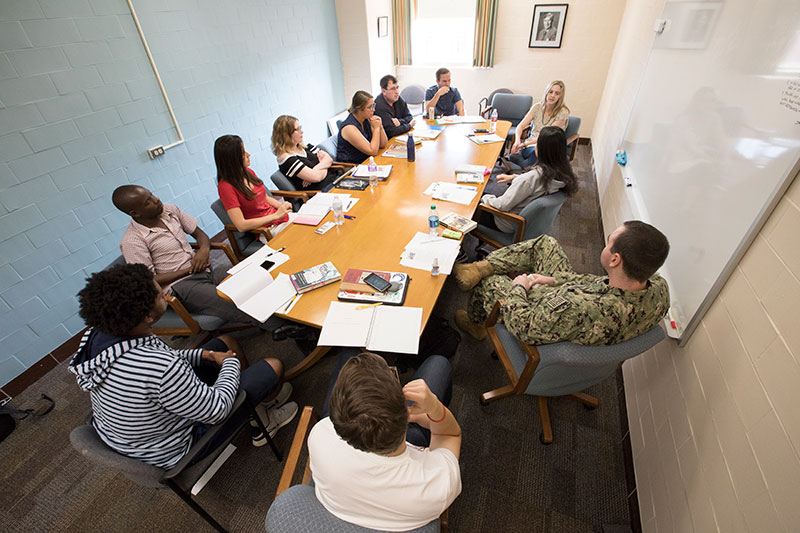

Student Opportunities and Resources
The History Department has several academic and professional opportunities and resources to offer students, including an honors program, internships, and study abroad programs.
Check out what the History Department has to offer!
Meet our affiliate faculty!
History Students in the News
History major Nick Campbell conducted research on the failure of the anti-Bolshevik forces in 1917 to consolidate against revolutionary leader Vladimir Lenin.
Learn MoreStudent Organizations

Miami University History Association (MUHA)
MUHA holds weekly meetings where we discuss historical topics in a fun, friendly atmosphere. We also have guest lectures from History Department faculty on their historical interests and research, play trivia, organize trips to historical sites and much more! Our meetings are held every Wednesday at 6:00 pm in UPH 258. Everyone is welcome!

Phi Alpha Theta (PAT) - National History Honor Society
Promotes the Study of History and is a professional society whose mission is to promote the study of History through encouraging research, good teaching, publication, and the exchange of learning and ideas among historians. We seek to bring students and teachers together for intellectual and social exchanges that promote and assist historical research and publication by our members in a variety of ways. For more information about the chapter and membership requirements, email Dr. Helen Sheumaker. sheumahd@miamioh.edu






